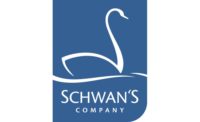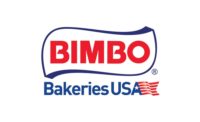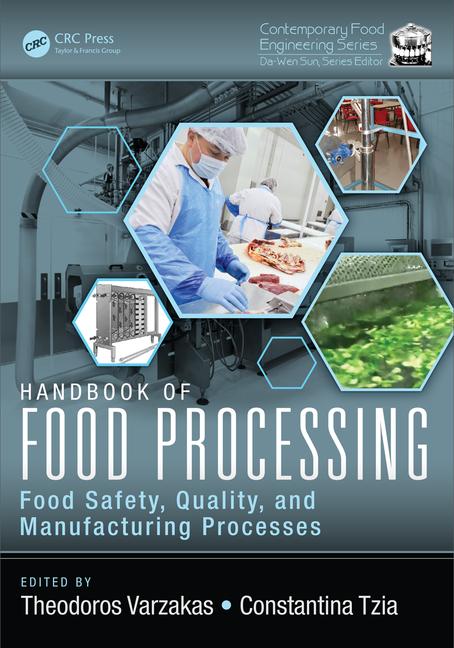Todd Mouw, vice president of sales and marketing, ROUSH CleanTech
To meet corporate environmental goals while cutting costs, Bimbo Bakeries USA is delivering its bread and baked goods in vehicles fueled by emissions-reducing, domestically produced propane autogas. The company’s first 84 Ford F-59 trucks, equipped with ROUSH CleanTech fuel technology, began operation in early 2016 in three of the company’s major markets: Washington D.C., Denver and Chicago.
By the end of 2017, Bimbo Bakeries USA (BBU) will have deployed approximately 200 propane trucks in the company’s fleets. These trucks work as route vehicles delivering BBU products, under brand names such as Thomas’, Oroweat, Entenmann’s and Sara Lee, to retail locations.
“Bimbo Bakeries USA introduced propane autogas vehicles into our Chicago, Denver and Washington, D.C., regions to help accomplish our corporate environmental goals while lowering our bottom line,” said Gary Maresca, senior director of fleet services for BBU. “This initiative is the latest in our company’s continued effort to reduce our carbon footprint.”
Researching the alternatives
As part of the commitment to environmental sustainability shared by BBU and its parent company, Grupo Bimbo, BBU spent several years researching various alternative fuels, looking for the best and most reliable option for targeted medium and heavy-duty fleet operations across the country.
Because propane is moved as a liquid at relatively low pressures, it allows for enough fuel on the vehicles to give it a comparable range to gasoline and diesel without compromising the utility of the truck.
 Once BBU selected propane autogas, the transition to the new fuel was eased by the ability to service the new equipment through BBU’s existing garage operations. ROUSH CleanTech trained BBU technicians on how to service and maintain the propane autogas trucks. BBU technicians’ existing familiarity with Ford products, as well as the guarantee of Ford factory warranties on the vehicles, further allayed any maintenance concerns.
Once BBU selected propane autogas, the transition to the new fuel was eased by the ability to service the new equipment through BBU’s existing garage operations. ROUSH CleanTech trained BBU technicians on how to service and maintain the propane autogas trucks. BBU technicians’ existing familiarity with Ford products, as well as the guarantee of Ford factory warranties on the vehicles, further allayed any maintenance concerns.
Analyzing initial findings
About 18 months into the rollout, BBU noted wide-ranging benefits:
- The virtually quiet truck enhances drivers’ everyday experience.
- On-site fueling is efficient and requires no waiting time.
- BBU employees are gratified that their company has reduced its carbon footprint and is committed to operating cleaner vehicles.
The clean-burning nature of propane autogas means less time and money spent on maintenance tasks.
Compared with gasoline-fueled vehicles, propane autogas vehicles emit about 20 percent less nitrogen oxide, 60 percent less carbon monoxide and up to 24 percent less greenhouse gases. Compared to diesel, propane autogas releases virtually no harmful particulate matter.
Each propane autogas delivery truck cuts carbon dioxide emissions by about 192,000 pounds compared to gasoline. In total, the company’s current group of 200 propane trucks will emit 38.4 million fewer pounds of CO2 over the lifetime of the fleet.
“Lower emissions and the overall contribution to sustainable operations are two prominent benefits to date,” Maresca reports.
Affecting the bottom line
Along with its environmental benefits, domestically produced propane autogas is economical. Historically, propane autogas costs up to 40 percent less than gasoline and about 50 percent less than diesel. To operate the new trucks, BBU installed on-site fueling stations at each of the three metro locations, eliminating the need to refill at retail stations. Installing a propane station costs less than building any other fueling infrastructure — conventional or alternative. BBU worked with a local propane provider to choose a fueling option that best served the company’s needs based on its fleet size, routes, budget and available space at local facilities.
“We expect to see a reduction in operational costs as a result of the lower fuel prices as well as maintenance savings due to the cleaner-burning properties of the fuel," Maresca said. Currently, BBU pays about $1.30 per gallon of propane autogas compared to $2.20 for gasoline. This cost rolls in the expense of the fueling infrastructure. BBU tapped incentives in both Colorado and Maryland to minimize the initial expense. For the Washington, D.C., fleet, for example, BBU obtained a $340,000 grant from the Maryland Energy Administration.
For BBU, propane autogas vehicles offer low up-front investment, have driven down operational costs and reduced the company’s exposure to unstable imported fuel prices. Along with reduced fuel costs, the new trucks have provided BBU with a favorable cost position, attributed to acquiring more efficient new trucks, allowed the company to take advantage of grant funding, spurred longer-term fuel contracts and improved maintenance.
“Whenever an established industry leader like Bimbo Bakeries USA chooses to operate a large fleet of delivery vehicles with propane autogas over other fuel options, it’s a big deal,” said Tucker Perkins with the Propane Education & Research Council. “Propane autogas vehicles are proven to reduce emissions and offer the lowest total cost of ownership of any fuel option for fleets and we’re thrilled that Bimbo Bakeries USA recognizes that.”
By using alternative fuel vehicles, BBU has reduced its fleet’s greenhouse gas emissions by 26.4 percent since 2014. The company expects to see these emissions continue to decline as it adds more alternative fuel vehicles to its fleet.
About Roush CleanTech
ROUSH CleanTech is an industry leader of alternative fuel vehicle technology. The company has focused on developing innovative and reliable propane autogas fuel system technology since its inception in 2010. In 2016, the company added compressed natural gas fuel system technology. ROUSCH CleanTech designs, engineers, manufactures and installs propane autogas fuel systems for a variety of Ford commercial vehicles and Blue Bird school buses. As a Ford QVM-certified alternative fuel vehicle manufacturer, ROUSH CleanTech delivers economical, clean and domestically produced fueling options for fleets across North America. To learn more about Roush CleanTech fuel technology, visit ROUSHcleantech.com.








